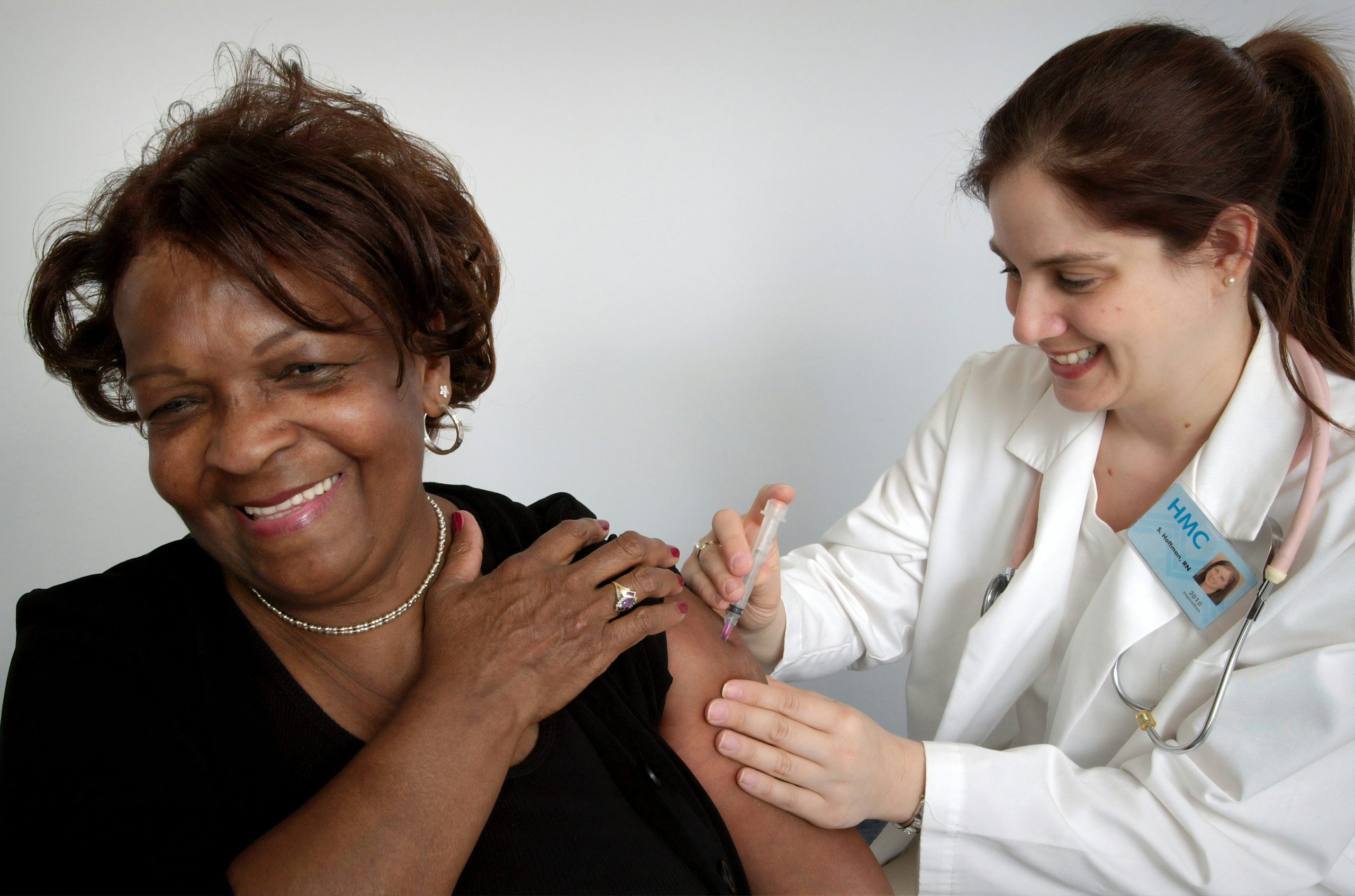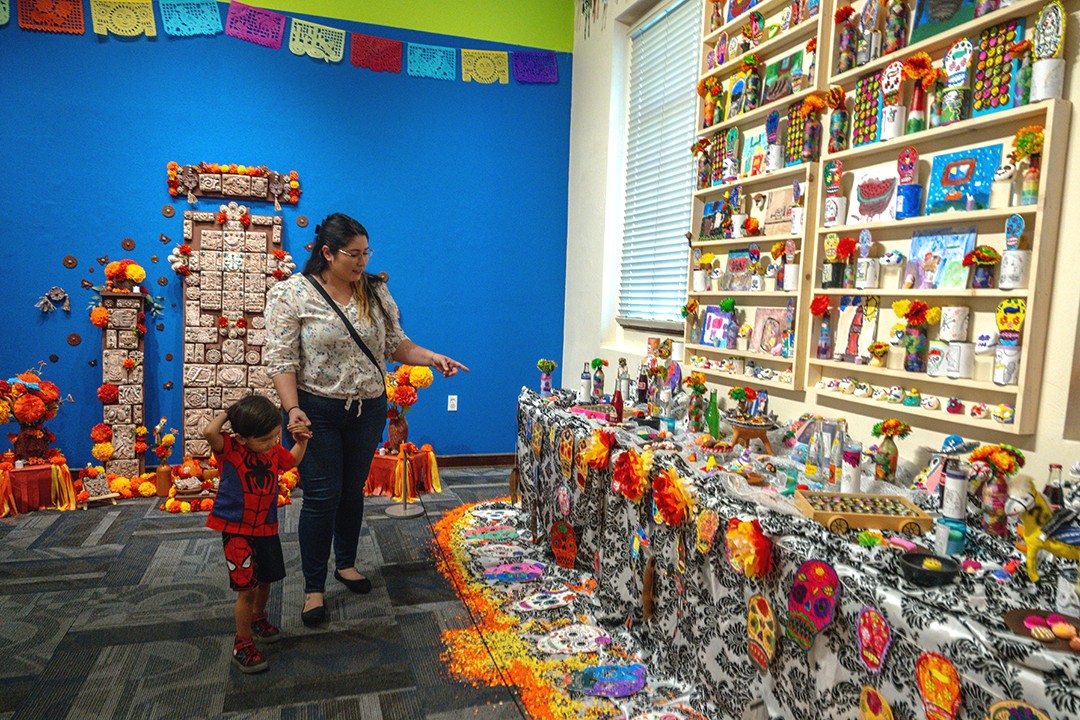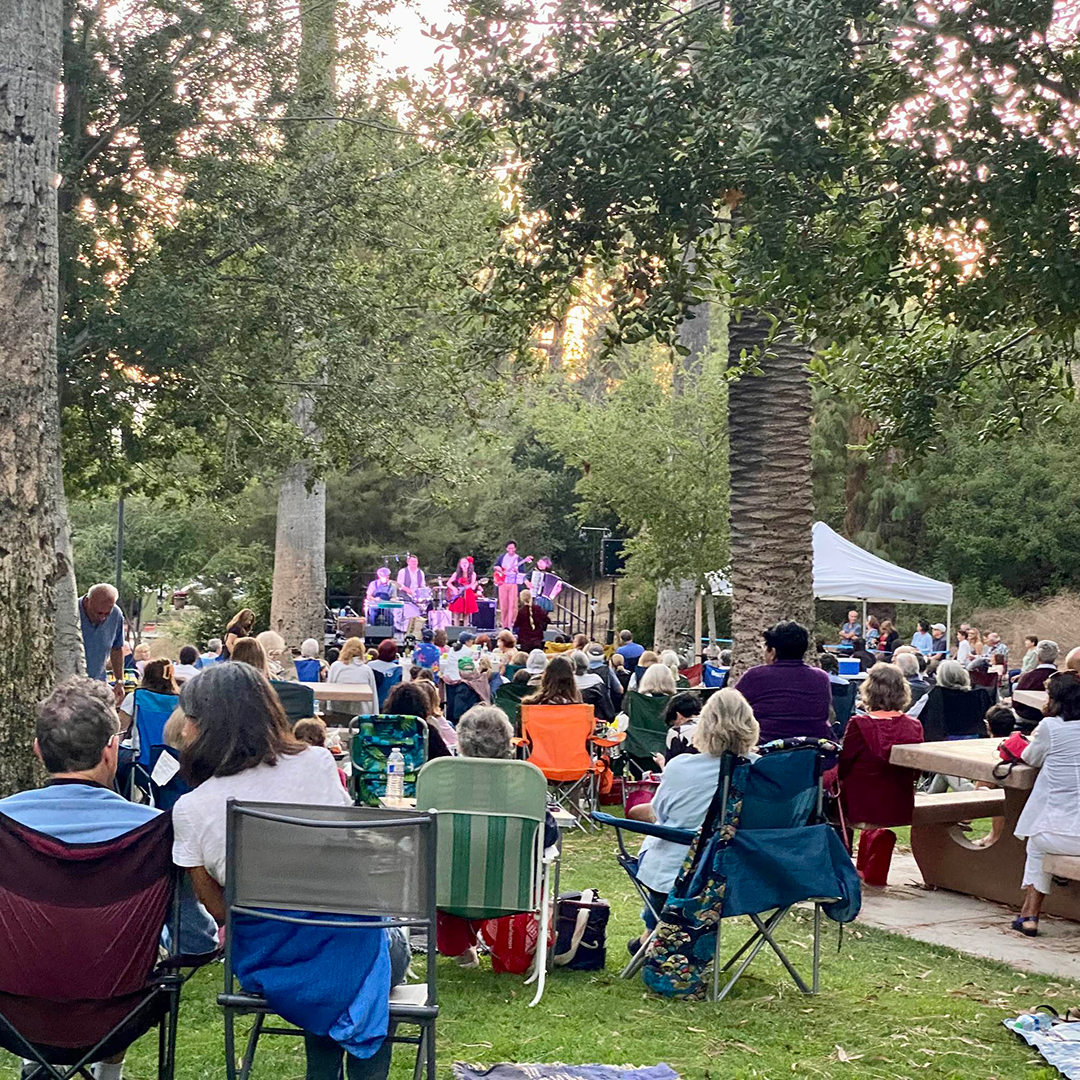The City of Long Beach Department of Health and Human Services is offering free flu vaccinations at community clinics throughout the flu season, while supplies last. Residents are strongly encouraged to get a flu vaccine in preparation for the coming flu season, which generally runs from mid-fall to mid-spring.
“The flu vaccine is a key part of keeping Long Beach healthy,” said Mayor Rex Richardson. “By getting vaccinated, we not only protect ourselves and our loved ones, but also contribute to the well-being of our entire community, especially those at high risk.”
The largest clinic of the year will take place from 2 to 7 p.m. on Thursday, Oct. 17, at the Main Health Facility (2525 Grand Ave.). This year’s theme, Boo 2 Flu, encourages people of all ages to show off their spooky spirit by dressing up in costume to receive their flu vaccine. This clinic will not require appointments and will offer people with disabilities the option to drive-up to an area where they can be vaccinated in their vehicles.
The city conducts large-scale flu vaccination clinics each year as a training exercise for mass vaccination efforts. These clinics allow the department to refine processes, identify potential challenges and enhance response strategies.
In addition to the large-scale flu clinic at the Main Health, flu vaccines will be available throughout the flu season at several community clinics. These clinics will also not require appointments. The most up-to-date schedule of clinic locations and dates can be found at longbeach.gov/flu. The tentative schedule for the month of October is as follows:
- Tuesday, Oct. 8, from 9 a.m. to 1 p.m., Houghton Park (6301 Myrtle Ave.)
- Wednesday, Oct. 9, from 9 a.m. to 1 p.m., Silverado Park (1545 W. 31st St.)
- Friday, Oct. 11, from 9 a.m. to 1 p.m., MacArthur Park (1321 E. Anaheim St.)
- Tuesday, Oct.15, from 9 a.m. to 2 p.m., El Dorado Park West (2800 N. Studebaker Rd.)
- Friday, Oct. 18, from 2 to 6 p.m., Bixby Park (130 Cherry Ave.)
- Tuesday, Oct. 22, from 9 a.m. to 1 p.m., Long Beach Senior Center (1150 E. 4th St.)
- Friday, Oct. 25, from 9 a.m. to 1 p.m., McBride Park (1550 Martin Luther King Jr. Ave.)
- Tuesday, Oct. 29, from 2 to 6 p.m., Admiral Kidd Park (2125 Santa Fe Ave.)
Clinical staff will provide the flu vaccine via drive-up service to community members who are not able to leave their vehicles. Prominent onsite signage with a number to call for assistance will be available.
People can also contact their healthcare provider or pharmacist for a flu vaccine and book appointments online by visiting MyTurn.ca.gov. Flu vaccination appointments at the Health Department can be scheduled by calling 562-570-7912 during regular business hours. A small administrative fee will be charged at the time of the appointment.
Last year, during the 2023-2024 flu season, there were 1,593 laboratory confirmed influenza cases and nine confirmed deaths reported in Long Beach. It should also be noted that the true number of people with influenza is likely higher since not everyone goes to the doctor or gets tested. The Health Department strongly recommends that everyone six months of age and older get the flu vaccine every year, especially those with a health condition that may increase their risk of serious complications from the flu. Although vaccination does not prevent all flu illnesses, vaccination helps prevent severe flu illness requiring hospitalization or intensive care unit (ICU) admission, and even death. Additionally, greater community coverage through the vaccine will also help alleviate potential burdens on the healthcare system.
“As flu season approaches, I urge everyone to get their flu vaccine,” said City Health Officer Dr. Anissa Davis. “Vaccination helps prevent the spread of flu and keeps people out of the hospital, keeping our most at-risk residents safe and preserving healthcare resources.”
Flu symptoms generally include fever, chills, aches, pains and coughing and, for some people, the flu can be deadly. Flu vaccines are especially important for people at high risk for serious complications and those who live or work with them. High risk populations include:
- Infants six months of age and older.
- Those 60 years of age and older.
- People who are pregnant.
- Caregivers of older adults or infants.
- Those with underlying chronic medical conditions such as diabetes or a chronic heart, lung, kidney or liver condition.
- People who are immune compromised, such as people who have been diagnosed with HIV/AIDS and people who are on dialysis or receiving cancer treatment.
The Health Department also recommends that everyone practice healthy habits to prevent getting or transmitting the flu by:
- Avoiding close contact with people who are sick.
- Staying home from work or school if sick.
- Covering mouth and nose with a tissue when coughing or sneezing.
- Washing hands with soap and water or using hand sanitizer frequently.
- Avoiding touching eyes, nose and mouth.
- Cleaning and disinfecting surfaces and objects that may be contaminated with flu virus.
- If the flu is contracted, taking antiviral drugs as prescribed by a doctor.







